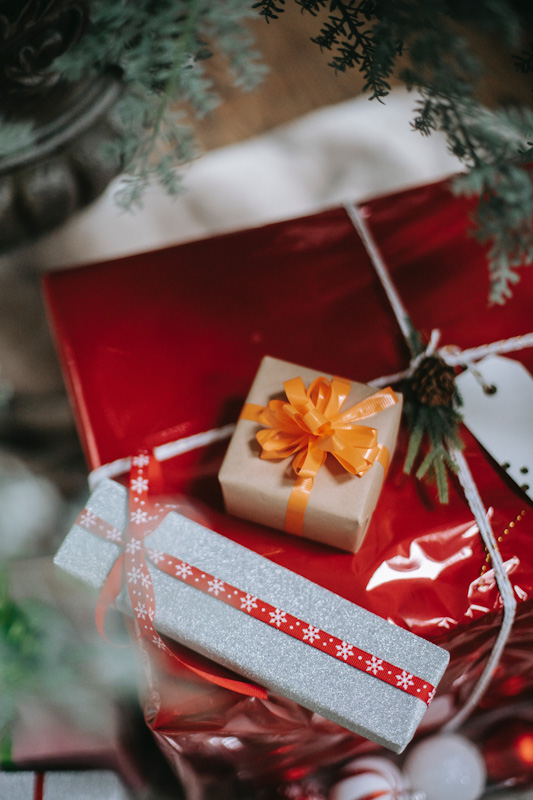
Anticipation is a gift. Perhaps there is none greater. Anticipation is born of hope. Indeed it is hope’s finest expression.
~Steven L. Pack
In hope’s loss, however, is the greatest despair.
Although it’s another month before we flip the calendar to a new year, for Christians, Advent marks the beginning of the liturgical year. This season invites us to prepare to celebrate the birth of the Messiah as well as to anticipate his return—his second coming.
In a year in which we’re anticipating a COVID vaccine, economic relief, and a “return to normalcy,” we might be forgiven for balking at even more patient waiting. Anticipation itself, however, is a gift, for “it is born of hope.” Without hope, we despair and spiral into anxiety, depression, and all the mental health issues we’re so rightly concerned about as this pandemic and its effects continue.
I have vivid memories of a Christmas when I was a near teenager that illustrate the significance of anticipation.
About a week before Christmas, with my parents away and the gifts already wrapped and under the tree, my oldest brother had an idea.
“Hey, you wanna see what you’re getting for Christmas?” He brandished a single-edged razor blade. “I’ll slit the tape on the ends of the boxes. We’ll take a peek. The folks will never know.”
I hesitated. “What if you rip the paper? I don’t think this is a good idea.”
“I’ll be careful. Don’t you want to know what you’re getting?”
My two younger brothers were already gathering the packages with their names. I held back until Big Brother pulled one of my gifts from the pile. He carefully slit the tape on one end and slid the box out of the foil wrap. When enough of the box was exposed to lift the lid, he passed it to me.
“Take a peek.”
I squeezed my hand into the box to touch and lifted the lid enough to see the only gift I remember from that year: a mint-green mohair, v-neck sweater. Soft and luxuriant, it felt more extravagant than anything I’d had before. If it was this silky to my touch, I could only imagine what it would feel like to wear it.
Sworn to secrecy, we closed the packages and put them back approximately where they’d been before.
The next part was much harder: keeping our secret under wraps for the next week. And then, feigning surprise and delight on Christmas Eve when we finally had permission to open our gifts.
Once you’ve seen something, you can’t un-see it. You can’t pretend you’ve never seen it.
During the week between our surreptitious glances and Christmas Eve, we, well, at least I, worried over being found out. Had we said anything that would give us away? Had Mom noticed any rearrangement in the packages? Rather than imagining and anticipating what might be in the parcels with our names on them, I worried that our transgression would be uncovered.
It wasn’t just the guilt that ruined that Christmas. Peeking preempted our anticipation. What I learned, but did not yet fully understand, is that anticipation is itself a gift—an expression of hope. Now that we knew what was in those packages, we no longer needed to hope for the long-wished-for gift. Hope—even childish hope—is essential to life. We all need a glimmer of hope to get up in the morning and make it through the day. Hope promises that things won’t always be the way they are now. If I get up and have some coffee and take a shower, I’ll likely feel better than if I stay in bed. Hope is the elixir of the soul. Hope does not disappoint.
Advent—the season of preparation—teaches us to anticipate, to wait with hope and expectation. While we wait, even long, for the Messiah’s second arrival, we probe our hearts to identify areas of our life where we have not yet arrived. Advent invites us to anticipate the joy, peace, and justice that Jesus’s return promises.



Beautifully said.
Thank you!